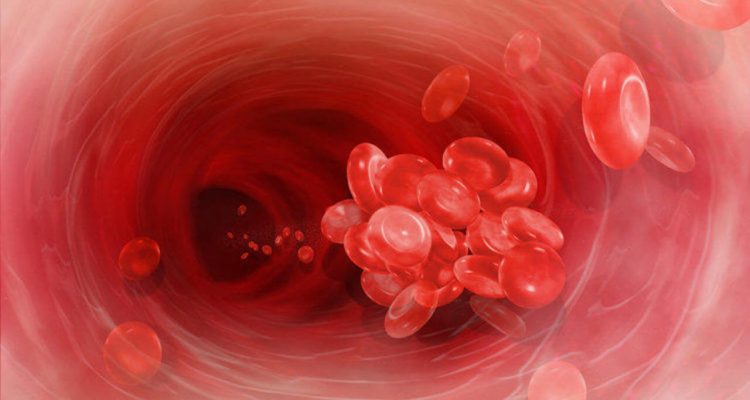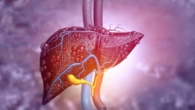
9 lifestyle factors that can increase the risk of blood clots
0
There are nine lifestyle factors that can increase the risk of blood clots, a doctor has warned.
Thrombi are small blood clots that have turned into a gel-like substance. While they are necessary for the body to prevent excessive bleeding from cuts, some of them, which do not dissolve naturally, can be dangerous. And if they get into organs like the lungs or heart, it's a serious concern.
As with many other health conditions, there are certain factors that can increase the risk of blood clots, and many of them are not the patient's fault.
9 factors that can contribute to blood clots:
- Old age
- Being overweight or obese with central fat distribution (causing mild inflammation)
- A family history of blood clots
- Presence of chronic diseases such as diabetes or cardiovascular disease
- Recent or recurrent cancer
- Pregnancy
- Taking estrogen-based medications such as hormonal contraceptives or hormone replacement therapy
- Trauma, injury, or being immobile and immobile for a long time, such as a long bed rest in hospital, flying or long journeys in a car/train.
Those who frequently consume foods high in sugar, saturated fat and trans fatty acids, such as sugary drinks, margarine, cakes, biscuits, puddings, deep-fried foods and processed foods, increase their risk of blood clots.
Trans fatty acids, such as hydrogenated, processed oils, should also be avoided as they increase the production of free radicals, also known as oxidative stress.









Leave a Reply